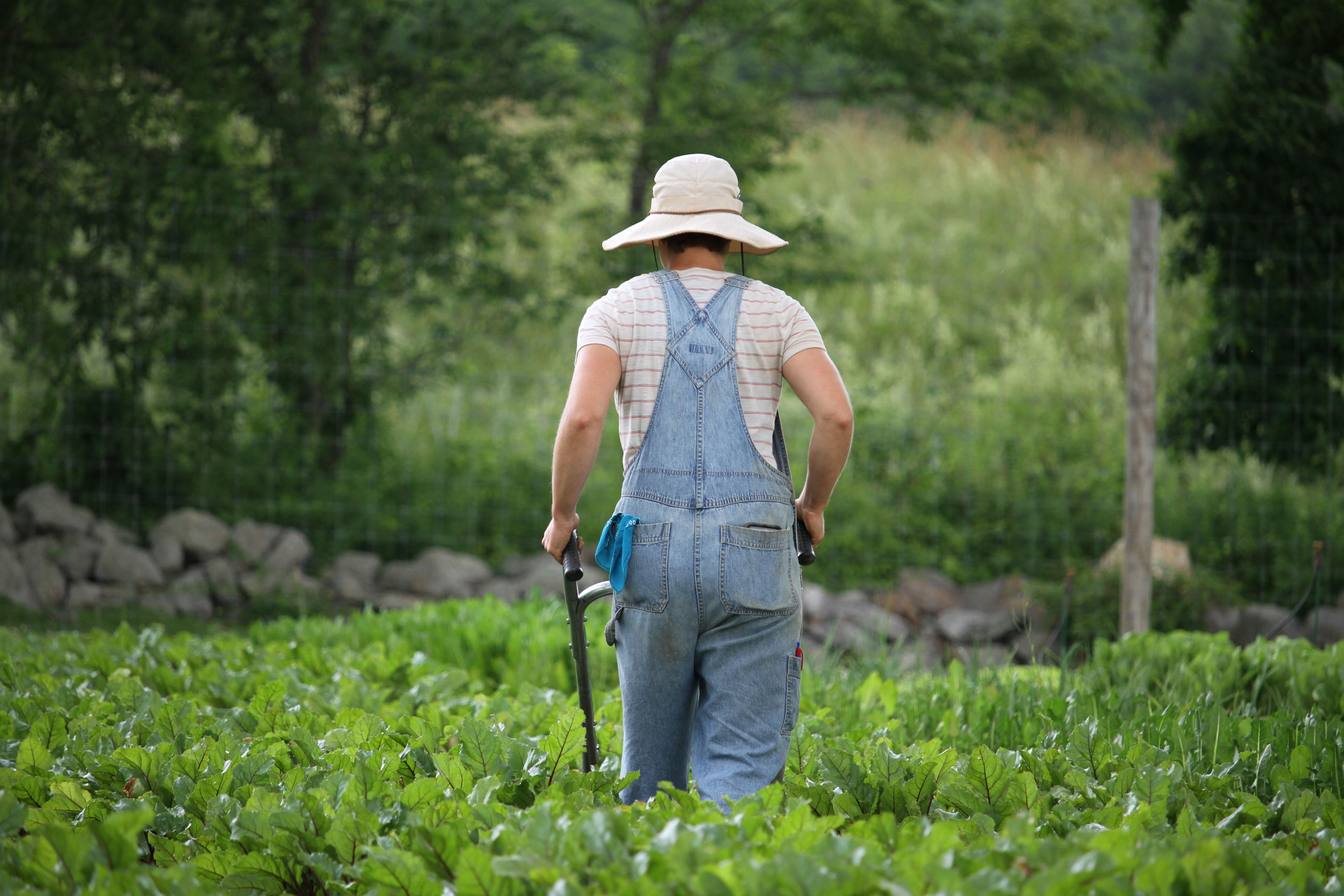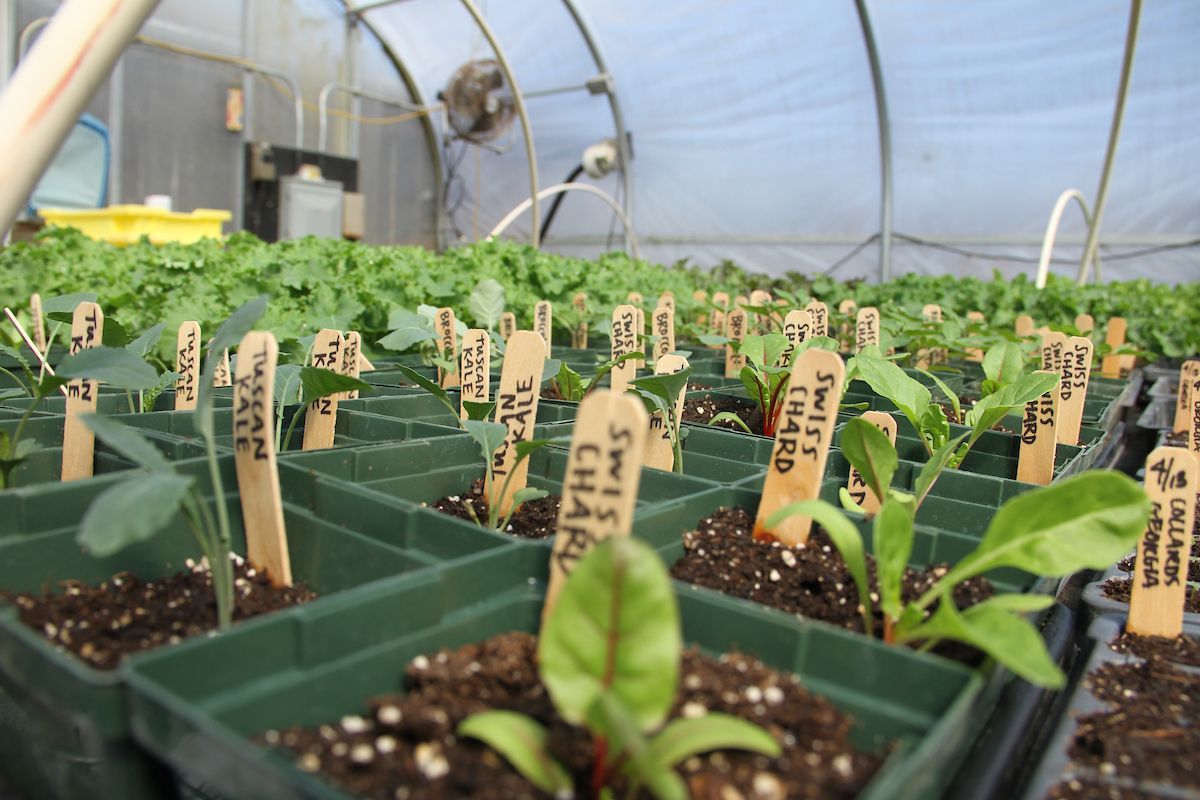
Glynwood’s apprentice program is in its fifteenth year. We have learned and adapted much in that time, developing a firm foundation from which to expand our training efforts. We are excited to be marking this 15-year anniversary by expanding the training program to help train and support apprentices not just at Glynwood, but at other farms in the region, as well. We have dubbed this expanded program the Hudson Valley Apprenticeship.
During this time of escalating costs and uncertainty in the marketplace, there is a pivotal role for non-profits to play in training farmers and assisting regional farms that host interns and apprentices. Farm managers have a lot to offer as mentors to new farmers, but often lack the time and resources to provide comprehensive training that is attuned to the needs of individual trainees. By partnering with mentor farmers, Glynwood will augment the wealth of knowledge that mentors have to share in-field with classroom-based training, outside educators, and educational experiences at other Hudson Valley farms.
During this pilot year, the Hudson Valley Apprenticeship is supporting farm apprentices at six Hudson Valley farms: Phillies Bridge Farm Project, Ecological Citizens Project at Longhaul Farm, DIG Acres, Four Corners Farm, Stonewood Farm, and Maple View Farm.
One of these, the Phillies Bridge Farm Project in New Paltz, was the site of the program orientation held on June 9 for Glynwood’s farmer training staff and this year’s seven apprentices.
The orientation included a collaborative effort to develop community agreements. Staff and program participants created personal vision statements and drafted descriptions of their respective dream farms or food businesses. The ensuing report-outs from each participant helped us understand each other’s motivations and aspirations. In short, we entered the space as strangers and left feeling connected and inspired. This process set the tone for the accessible, accountable, user-defined and supportive learning environment we wish to foster throughout this program.
The program plan for the Hudson Valley Apprenticeship arose from structured discussions with farmer-mentors and apprentices in the region as well as with directors of similar programs across the country, and from a review of published research. The plan offers a needs assessment and regional resource listing, highlighting where gaps exist and how they might be filled by a Glynwood-coordinated program to support regional host farm mentors and their apprentices.
Specifically, Glynwood will facilitate apprentice learning opportunities taught by a network of educators. The curriculum is informed collaboratively with partners and via intake processes with the participants. Teaching methods are varied to meet a variety of adult learning needs and include site visits, classes, hands-on training, webinars and roundtable discussions. Apprentices are compensated for all of their time spent working in production on their home farms and for the time spent in the classroom setting. Additional needs, such as support for continuing education, travel, dependent care costs, and resources to support translation and bilingual interpretation are also provided for. Importantly, Glynwood focuses on quality assurance via check-ins, skills assessments, workshop and mentor evaluations. The partnering farm mentors are also supported through professional development opportunities, including a farmer mentor training.
It is our hope that this research will double as a useful open-source tool for other farmer training professionals exploring these topics. To facilitate this, we shared our program plan with the New Entry Sustainable Farming Project, which organizes an apprenticeship resource library for a nationwide “community of practice” that Glynwood has participated in for years. We look forward to continuing to learn and grow throughout this pilot year of the Hudson Valley Apprenticeship, and to providing a replicable model for apprentice programs across the country.

